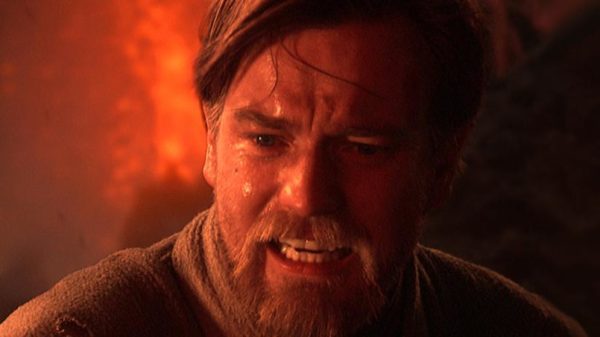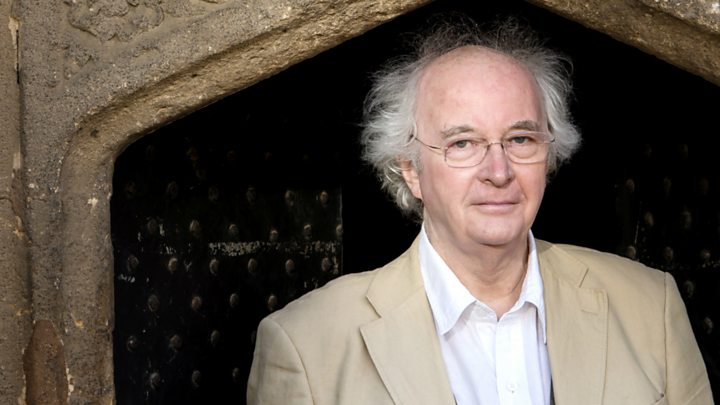Those of you who follow me on Twitter will already know that the main thing about me is that I am a silly person. I am a bit cheeky, sometimes a bit naughty, occasionally a little spiky but my prime motivation is to make you laugh, or smile… or make one of those snorting noises that acknowledges a joke has been made but that it wasn’t quite funny enough to generate a full laugh – the aural equivalent of clicking the like button. Oh, that and to promote my books of course.
Unfortunately, recently Twitter has become consumed by outrage, indignation & self-righteousness. It has become a dangerous place for people like me, whose modus operandi is to make light of things.
In this increasingly paranoid, hypersensitive tinderbox I have noticed an increase in the number of people who have taken offence at my jokes (and not for the usual – and entirely justifiable reason that they just aren’t funny enough). Then, last week, in response to one such joke, it was suggested to me that authors have a duty to their readers to make public their views.
So my question is: to what extent should we, as children’s authors, feel compelled to make public our views on all issues?
As subjects go, this is a minefield, so let’s set out some parameters.
Some authors will have issues that are important to them for personal, social or political reasons. Of course, they should say whatever they like - wherever they like - about these subjects. Some of them will have written books tackling these issues. If you are so passionate about the plight of bees you’ve written a book about it called ‘Where are all the Bees, Mummy?’ then, of course, you should shout about bees until the cows come home.
Then there are subjects which we all have a duty to address such as racism. To my mind, there are no two sides to this debate. Racism is abhorrent and should be called out and stopped wherever it emerges. As a white man living in the UK, it rarely has a negative effect on my life, which is why I think it more befitting to allow other, more relevant, voices to be heard. For this reason, I am more inclined to retweet than tweet, amplifying minority voices rather than adding to the virtuous ‘white noise.’ And yes, that pun was intentional.
But the racism debate is not the issue that is currently ripping apart our usually so polite and supportive community of children’s literature. Oh yes, folks. This is the row about transgender politics surrounding JK Rowling’s recent comments.
As Philip Pullman discovered, even the most innocuous comment on this subject is very much like tying a chicken around your neck then throwing yourself to a pack of ravenous wolves. Previously reasonable people are increasingly inclined to slap on the caps lock and shout fascist if you say anything other than what they want to hear. Whatever your view on this complex subject, you will be told you are wrong and instructed to ‘educate yourself’. There are certainly many aspects but if Twitter is your primary source, you could be forgiven for thinking there are just two (extremely polarised) sides - and both feel embittered and attacked - making sensible discussion impossible. I am utterly dismayed by how many smart, literate people are suddenly willing to endorse absolutism. As Obi-Wan Kenobi reminded us, “Only a Sith deals in absolutes.”
 |
| Ewan McGregor as Obi-Wan Kenobi |
So I will not be nailing my colours to any masts but I will make these two points. I would never put myself in the same camp as anyone who wanted to oppress the rights of a minority. But, as someone brought up by a feminist - and who understands very well what the radical feminist movement of the 1960s and 1970s achieved - nor could I ever condone the use of the term ‘radical feminist’ as a term of abuse.
There is precious little nuance or listening on twitter. There is shouting, proclaiming, denouncing, but so little listening, even amongst those who have built careers on empathy and understanding.
I remember Patrick Ness once observing that children’s authors are required to be ambassadors for literacy in a way that other authors are not. I have never had a problem with this aspect of my job and I will continue to champion reading, writing & the importance of creativity. I will continue celebrating books, imaginative thought and the value of libraries and bookshops. In schools, I will address any issue that comes up, but, as any teacher who has met me can testify, the prime emphasis of my school visits is to remind pupils that reading and writing are both fun. That's what makes them worthwhile. In other words, I take my right to be silly very seriously.
These last few weeks, Twitter has been consumed by a tsunami of righteous sincerity and, while I hope some of my silly output is a welcome distraction from this, my best jokes are the ones specifically designed to prick holes in all this pompous posturing.
These last few weeks, Twitter has been consumed by a tsunami of righteous sincerity and, while I hope some of my silly output is a welcome distraction from this, my best jokes are the ones specifically designed to prick holes in all this pompous posturing.
If I suggest that Jo Rowling is a victim of her own success because she taught a generation of readers to expect a twist in which the least expected character turns out to be the baddy after all – then yes, it’s a joke but I'm also asking you to question your misjudged absolutism.
Mostly, it's safer to avoid these subjects and doing so does not make one complicit in either side. We would all argue in favour of freedom of speech, but we should also have the freedom to say (and not say) what we want in the forum of our choice.
On a final note, let's not forget that for much of this year, most of us have been stuck at home with restricted human interaction, helplessly witnessing terrible world events while being retrained to treat each other as potentially lethal virus-spreaders. It's no wonder that it's got like this. Personally, I'd rather build bridges than draw lines in the sand. While so much of our interaction with the world takes place on Twitter, I'd rather try to make it a better, kinder, more positive... and funnier place.
My latest book, Dragon Detective: Schools Out! was published last week. It's published by Little Tiger, costs £6.99 and is the second in the a four book series and is available from all online booksellers or from bookshops.
 |
| J.K. Rowling |
Mostly, it's safer to avoid these subjects and doing so does not make one complicit in either side. We would all argue in favour of freedom of speech, but we should also have the freedom to say (and not say) what we want in the forum of our choice.
On a final note, let's not forget that for much of this year, most of us have been stuck at home with restricted human interaction, helplessly witnessing terrible world events while being retrained to treat each other as potentially lethal virus-spreaders. It's no wonder that it's got like this. Personally, I'd rather build bridges than draw lines in the sand. While so much of our interaction with the world takes place on Twitter, I'd rather try to make it a better, kinder, more positive... and funnier place.
My latest book, Dragon Detective: Schools Out! was published last week. It's published by Little Tiger, costs £6.99 and is the second in the a four book series and is available from all online booksellers or from bookshops.








Brilliant! You've nailed everything I've been thinking and and feeling about Twitter on the head.
ReplyDeleteWell said. Agree entirely. (Especially the bit about your jokes.)
ReplyDeleteBeautifully clearly and sensibly put. I agree.
ReplyDeleteThanks Gareth. I had been thinking of leaving Twitter, despite it being really helpful from a writing point of view, because of all these reasons. I have always found kid lit Twitter such a positive, helpful arena until now.
ReplyDelete